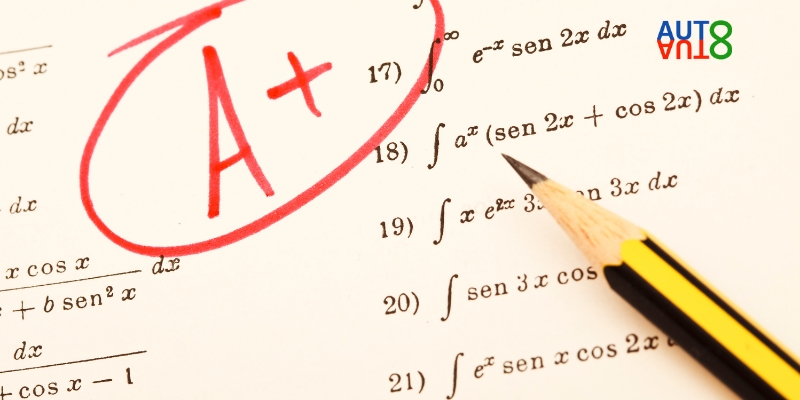Grading is a vital element in education, particularly in emerging fields like Artificial Intelligence (AI) and Python programming. It goes beyond measuring academic performance; it acts as a guiding light for learning, fuels motivation, and creates a roadmap for students’ educational journeys. With technological advancements, especially in AI tools, grading has transformed into a more dynamic and efficient process, offering numerous opportunities for educators and students alike.
The Role of Grading in AI and Python Learning
Grading serves several key purposes:
- Assessment of Understanding: Grades provide insight into a student’s understanding of the material, identifying strengths and areas needing improvement. In AI and Python learning, this includes evaluating comprehension of coding syntax, algorithms, and practical applications.
- Feedback Mechanism: Grades help bridge the gap between educators and students. A well-graded assignment in AI and Python learning can point out whether a student has mastered the logic behind an algorithm or needs additional practice debugging.
- Motivational Tool: Good grades often motivate students to push further, while lower grades can encourage them to seek help, refine their skills, and improve their understanding of concepts such as machine learning and Python programming.
Challenges in Traditional Grading
Although grading is essential, traditional methods have certain limitations:
- Time-Consuming: Manually evaluating coding assignments can take hours, especially when dealing with complex projects in AI and Python learning. This time could otherwise be used for personalized teaching.
- Subjectivity: Inconsistent grading criteria can lead to variations in assessment, making it difficult for students to understand why they received certain grades.
- Delayed Feedback: Traditional grading often results in delayed responses, which can slow down students’ learning progress, particularly in hands-on fields like AI and Python learning.
The AutoAuto Platform: Revolutionizing AI and Python Learning
One of the leading tools in this space is the AutoAuto platform, which offers an innovative auto-grading feature specifically designed for coding education.
AutoAuto is an AI-powered educational platform that focuses on teaching AI and Python through hands-on projects and challenges. It equips students with the skills they need to succeed in coding while simplifying the grading process for educators.
AutoAuto’s Auto-Grading Feature
The auto-grading feature on the AutoAuto platform is a game-changer:
- Real-Time Code Assessment: AutoAuto evaluates code submissions instantly, checking for functionality, efficiency, and style. This provides students with immediate feedback on their work.
- Detailed Feedback: Students don’t just receive a score—they get detailed explanations of what went wrong and suggestions for improvement.
- Error Pattern Analysis: The platform tracks common errors made by students, allowing educators to identify trends and address them in future lessons.
- Scalable Solution: AutoAuto’s grading system can handle thousands of assignments simultaneously, making it ideal for schools and educational institutions with large student groups.
Implementing AI in Grading
Integrating AI-driven tools like AutoAuto into AI and Python learning has unique advantages:
- Code Evaluation: AI tools, including AutoAuto, assess code for logical accuracy, efficiency, and adherence to best practices. They can recognize patterns, correct errors, and guide students toward optimal coding solutions.
- Scalability: As the demand for AI and Python learning increases, platforms like AutoAuto can scale up without compromising the quality of assessments, accommodating growing numbers of learners effortlessly.
- Personalized Learning: AutoAuto analyzes individual learning patterns and tailors feedback to meet each student’s unique needs. This customization creates a supportive environment where students can excel at their own pace.
Grading plays a transformative role in AI and Python learning, acting as a benchmark for students’ understanding, a tool for motivation, and a mechanism for growth. Platforms like AutoAuto are reshaping how educators approach grading by automating the process, ensuring fairness, and delivering actionable feedback in real time.







Recent Comments